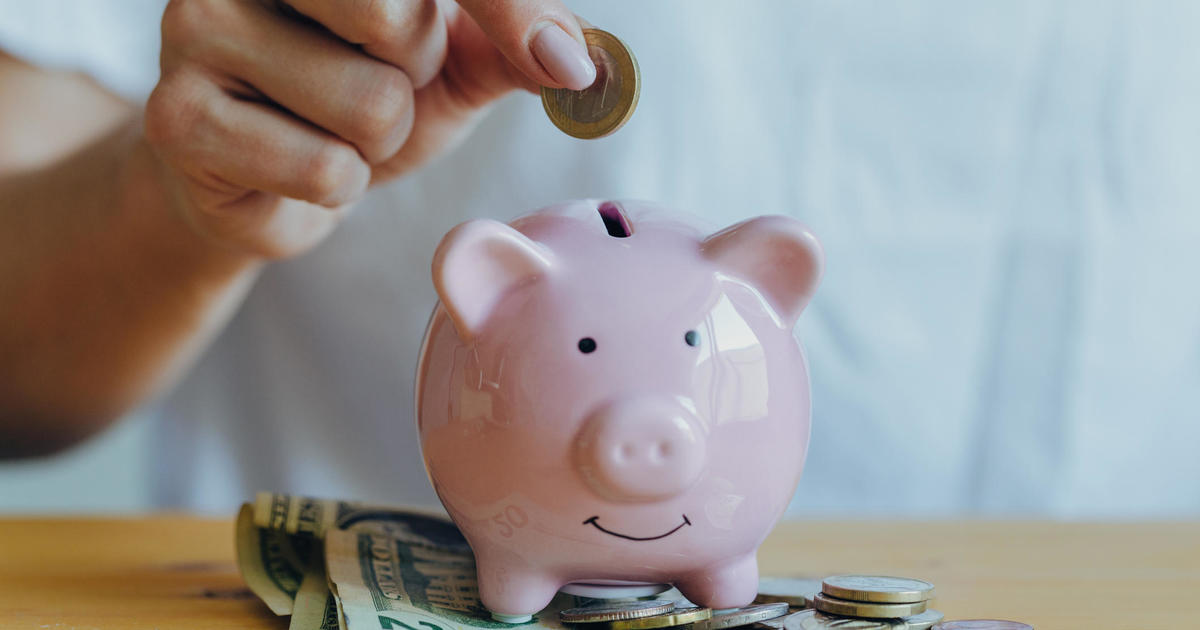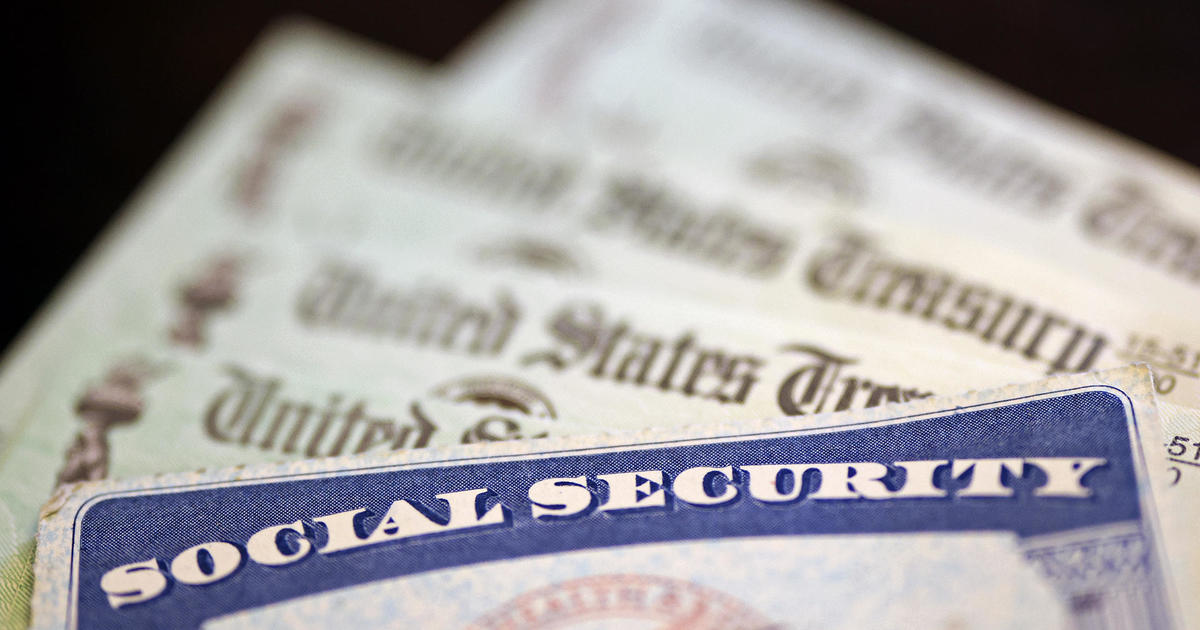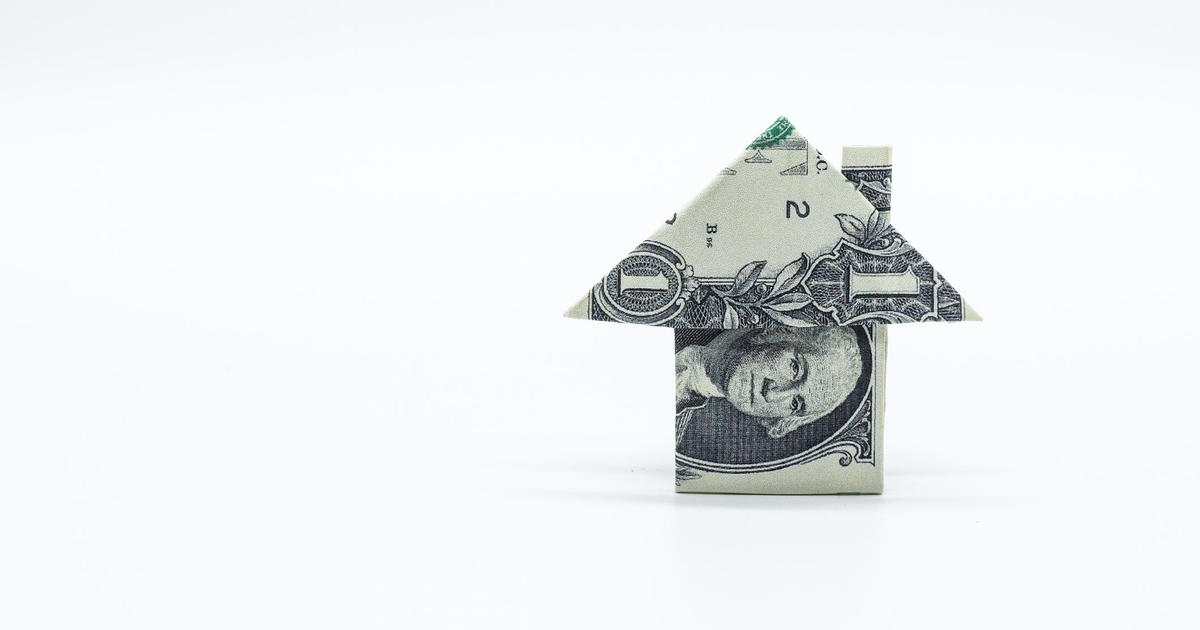Economists: the U.S. unlikely to meet Trump's economic goal
The U.S. is likely to fall short of the Trump administration's goal of revving up economic growth this year to at least 3 percent, according to a survey of business economists.
Forecasts for U.S. economic growth are coming in slightly lower after a weak first quarter, according to a survey of business economists released Monday.
The National Association for Business Economists says it's expecting gross domestic product growth of 2.2 percent this year and 2.4 percent in 2018. Those forecasts are down 0.1 percentage points from a survey in March. The survey is based on responses from 52 professional forecasters.
Doubts over the Trump administration's target for annual economic growth goal of 3 percent aren't new. A noted think tank recently ran 10 million different simulations to assess the likelihood of the U.S. hitting that target, with variables ranging from population increases to productivity improvements. The answer: The chance of reaching that level is a mere 4 percent.
If the U.S. economy falls short of the Trump administration's goals, there's more at stake than losing face. The White House's recently released budget is based on the economy hitting that 3 percent growth level. The budget envisions a boost in new tax receipts and slashes domestic spending, all on the back of that projection.
The administration's budget chief, Mick Mulvaney, has argued that naysayers are projecting a "pessimistic look at what the potential for this country" is.
Yet economic forecasts are based on more than one's personal outlook. Economists weigh factors such as productivity, the demographics of the American workforce, and capital spending when making their forecasts. In the case of the NABE's outlook, it found only two out of five of its surveyed economists expect to see tangible impact from the Trump administration's federal fiscal policy changes in 2017.
"On the economic policy front, large majorities of the panel continue to assume tax reform affecting both corporations and individuals will be enacted before the end of 2018, as will an infrastructure spending program," said NABE President Stuart Mackintosh in the report. "The impacts of such developments on real GDP growth, though, are expected to be limited, at least through the end of next year."
The gross domestic product — the broadest gauge of the economy — expanded in the January-March quarter at a 1.2 percent annual rate. That was better than initially forecast, but still weak. Unseasonably warm weather was one reason for the slow growth, since it limited spending on utilities.
Economists forecast GDP growth will rise 3.1 percent in the April-June period and 2.5 percent in the second half of the year. They're forecasting solid hiring and a low, 4.5-percent unemployment rate, which should help boost consumer spending. Inflation also is expected to remain in check.
Most of the economists surveyed believe President Donald Trump will enact an infrastructure plan and cut corporate and individual taxes before the end of 2018. That will have a positive impact on economic growth, but likely not until 2018, the survey said.
There are downside risks. Just over one-third of the panelists say trade protectionism, a strong U.S. dollar and higher interest rates could pose a risk to the economy in 2018. But 60 percent say there's more chance of an upside risk thanks to expected corporate tax reform, individual tax cuts and infrastructure spending.
Nearly all the panelists — 95 percent — think the chance of a recession this year is 25 percent or less.



